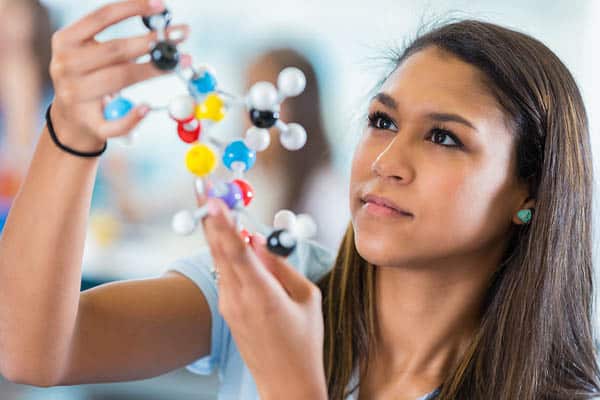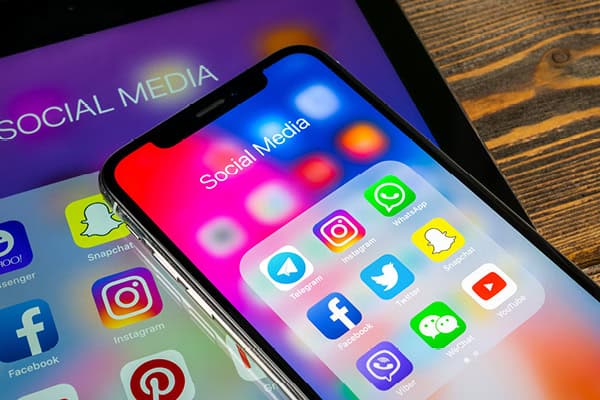Imagine a classroom where students are not passive listeners, but active investigators. They grapple with real-world phenomena, ask questions, conduct experiments and uncover scientific principles through their own exploration. This is the reality of inquiry-based learning (IBL), a pedagogy transforming high school science education, according to K-12 Dive.
IBL empowers teachers too. By shifting the focus from delivering content to facilitating inquiry, teachers become guides and mentors, fostering a more dynamic and engaging learning environment. This leads to:
- Professional Development: IBL encourages teachers to delve deeper into scientific concepts, explore new teaching strategies, and collaborate with colleagues. Ongoing learning fosters job satisfaction and keeps teachers at the forefront of educational innovation.
- Personalized Learning: IBL allows teachers to tailor instruction to individual needs and learning styles. They can differentiate instruction, offer diverse learning pathways, and provide targeted support, ensuring no student falls behind.
The Next Generation Science Standards (NGSS) provide a framework for implementing IBL in high school science, but ongoing support and resources are crucial. By investing in teacher training, developing high-quality curriculum materials, and promoting collaboration between educators, universities, and industry, IBL can become the cornerstone of an equitable and transformative science education.
K-12 Dive





